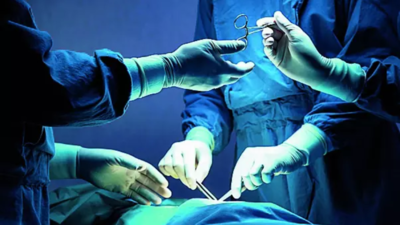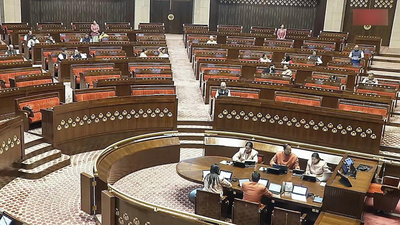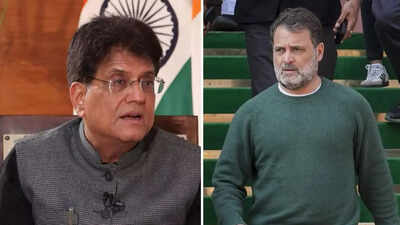NMC curbs live surgeries, but no restraint on new procedures | India News

NEW DELHI: The National Medical Commission (NMC) has clamped down on live surgeries, except those involving new procedures.In its latest guideline on live surgeries, a copy of which is with TOI, the NMC – apex body for regulating medical education and profession in India – stated only new procedures should be broadcast live. For established procedures or high-risk cases, it said, recordings should be preferred.The NMC has, however, effectively turned down demands to ban live surgeries which has been criticised by many as a tool that is used by surgeons to flaunt their skills and for companies to promote their products, all at the expense of patient safety.A petition was also filed in the matter in Supreme Court recently, which prompted the NMC to constitute a committee to give its recommendations on how to regulate the conducting of live surgery broadcasts. The NMC guideline has been prepared on the basis of the committee’s report, officials said.Patients participating in live surgeries are not entitled to any financial incentive currently. The new guideline upholds this practice. But it added such patients can be enrolled in insurance coverage to safeguard against any unforeseen incidents during live surgery/ procedures.It said patients should not incur any charges related to the surgery or procedures, including implants, medications, disposables, and procedures, and surgery-related complications should also be managed free of cost.Live surgery refers to real-time broadcasting of surgical procedures to an audience, typically for educational or training purposes.The NMC accepted concerns raised by many questioning its utility. Live surgery, it noted, may seem valuable for experiential learning. However, it lacks concrete evidence supporting its educational effectiveness when compared to pre-recorded surgical videos. “Pre-recorded videos offer better frame-by-frame analysis, video editing and labelling and, thus, enhancing the educational experience,” it pointed out and recommended that promoting recorded video, wet lab, cadaveric and simulation-based surgeries/procedures as these entails no risk to the patient instead.Proponents of live broadcasts of surgeries say it helps students and surgeons wanting to up skill, sitting in a remote location and watching highly magnified and high-resolution images of the nuances and intricacies of surgical techniques.This is a globally accepted method of learning and because of this, surgeries which were available to only a few in top hospitals and teaching institutes in private or govt sectors are now being practiced in tier two and tier three towns, those supporting live surgeries say, and the same has been noted in the NMC guideline which essentially brings in stricter regulations while allowing it in a limited way.




